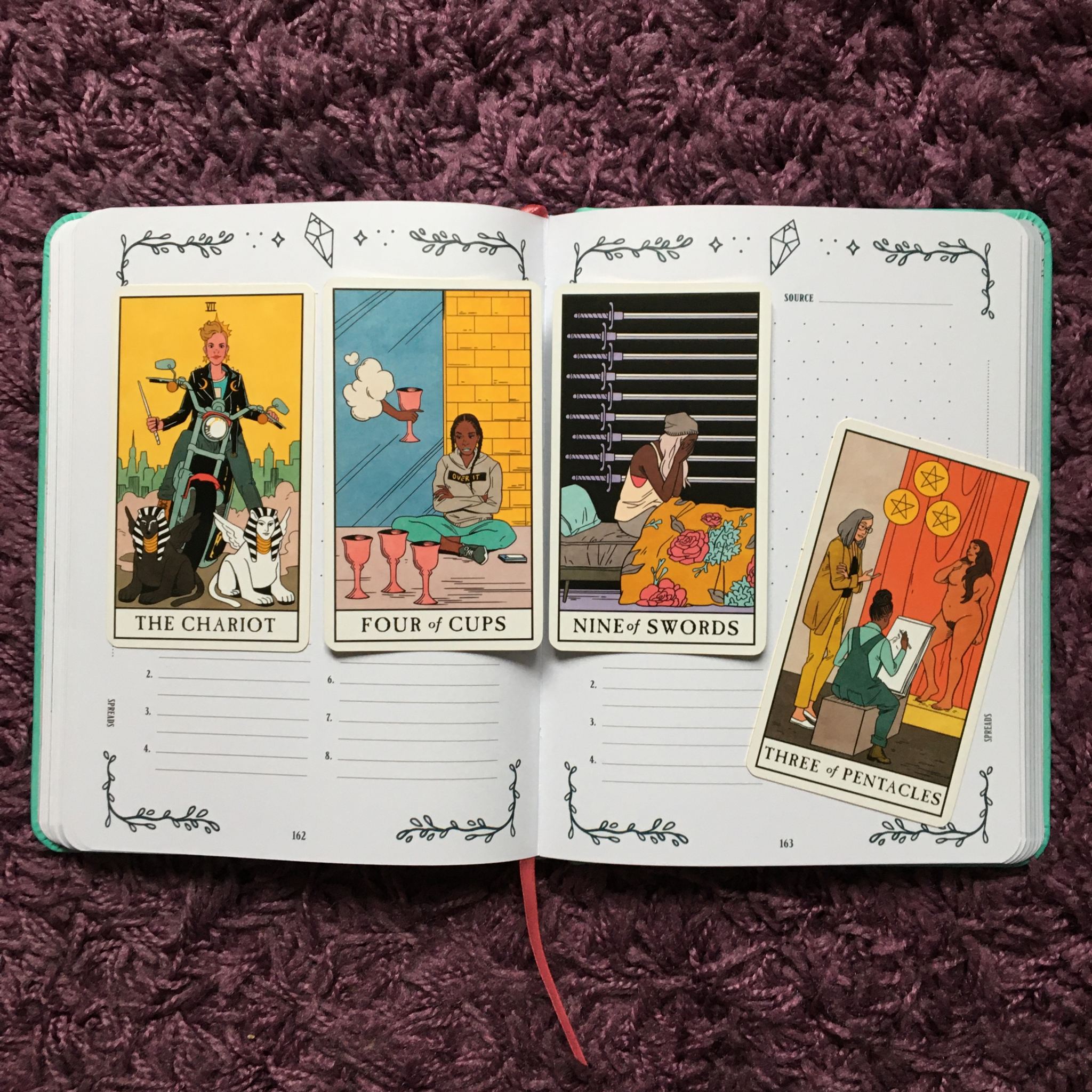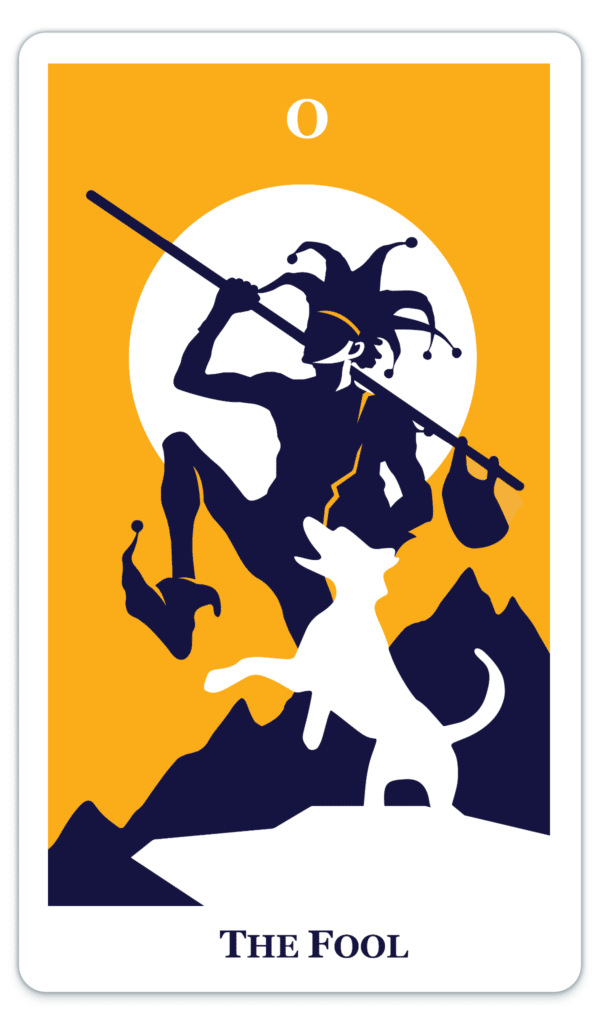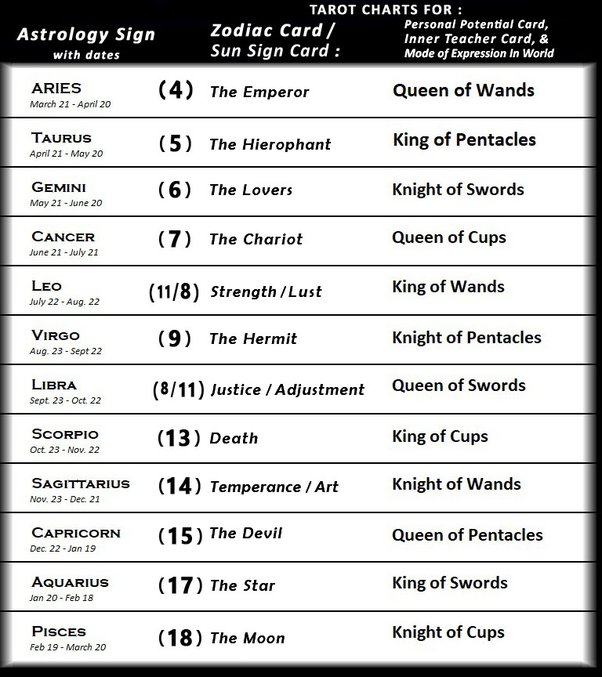
While you can read tarot card cards intuitively, there are a few things that you need to know before starting. Rose recommends closing your eyes and asking for guidance by your spirit guides when you are shuffled the cards. You can also try meditating, which helps you tap into your intuition. It is possible to stop worrying, doubting and analysing by spending time connecting with your inner knowing.
Reading tarot cards with intuition
It can be very powerful to use intuition to read tarot decks. You need to practice it. It is not a science. There are many methods to improve your intuition and increase your sense of self. One way is to engage in mindfulness practices, which help you feel more in tune with your personal experience.
When trying to interpret a cards meaning, you should focus on the whole card and not just the words. This will allow you to gain insight by combining the imagery of the card into a story. An intuitive tarot reader can see the big picture within a card. The traditional keywords of the card The Empress are nurturing, abundance and feminine energy. It can also be related to pregnancy or birth.

Intuition is often quiet and subtle. It may be as a feeling inside or in your head. It can also feel like a physical sensation.
Do's and don'ts of intuitive tarot readings
You should be aware of some key points when reading intuitive Tarot cards. First, you shouldn't try to read another person's cards without first reading theirs. This is because your intuition may differ from the tarot-reader's.
The second tip for intuitive readings: Keep your mind open and your heart free. You will have more confidence if your mind is clear. Practice is the first step to gaining an intuitive reading. Meditation is a wonderful way to practice meditation and can help you connect with your inner knowing.
Tarot cards are the next step towards learning how intuition works. First, pick a card that interests you and place it face-down. Ask for help in understanding what the card means. Do not try to figure out the meaning by yourself. Instead, redirect your attention. You may get an image, flash of colour, hear a song or feel a message from the body.

Origin of the tarot card
Although it is not easy to identify the origins of intuitive cards for tarot, they have been used for centuries. It is believed that the cards were first used as predictions and games. The use of tarot cards for mystical purposes developed in 1785, when French occultist Jean-Baptiste Alliette developed links between the illustrated cards and astrology and ancient Egyptian lore.
While it is probable that the earliest Tarot decks were based on Roman myths or Egyptian legends, there are many theories regarding their origin. The Mamluks, an ethnic tribe who lived in the eastern Mediterranean region of the country, are the most commonly held theory that the Tarot was created. This theory doesn't explain 21 separate suits of trumps. The Italian Renaissance was where the earliest surviving tarot cards were created. They gained popularity among aristocratic courtiers. Triunfi were the Italian name for tarot cards in the 15th century. These cards had symbols of the Roman empire, such as triumphs, and were used in carnivals.
To interpret intuitive tarot decks, you can feel them. You may feel a heavy feeling in the chest. This could indicate that you are experiencing heartache or grief. In the same way, a full stomach can indicate an energetic state.
FAQ
Is it possible make a living from a hobby?
Not necessarily.
If you are interested in starting a business that is based on your hobby you can be a millionaire.
Let's suppose you enjoy cooking. You love healthy food and decided to open a restaurant.
You only serve organic, homemade meals and you charge a small amount to customers to cover labor costs.
Over time, you grow your clientele and eventually hire employees who work alongside you.
Soon, your menu will include gluten-free and vegan options as well as desserts.
In this scenario, you've created a successful business that has allowed you to live the type of lifestyle you wanted.
However, you don't have to quit your day job.
You could also run your restaurant, while still maintaining your 9-5 job.
What are your educational hobbies?
A hobby that teaches you something is called an educational hobby. This could be anything you want, such as playing sports or learning how to play an instruments.
It should be enjoyable and have fun. You don't have to do it all the time, but if you find yourself getting bored, then you need to think about what else you could be doing instead.
You also want to ensure you're not spending too much on these activities because they can end up costing you more than they're worth.
How can I get started in my new hobby?
The first step toward starting any new hobby is to decide what kind of activity you'd like to pursue.
Once you have decided on your subject, passion is the key.
It is important to know the reason you want to begin a hobby. It will provide you with direction and purpose.
Once you've decided what type of hobby you'd like to pursue, you can begin planning.
Think about what equipment you'll need to purchase.
Consider whether you need to attend classes or seminars.
Ensure that you have enough space for your hobby.
You might also consider joining a club. These groups are often supportive and offer advice.
Also, consider how much money your hobby would cost.
Statistics
- 37% Video Games 36% Travel 36% Health and Fitness (quizexpo.com)
- In comparison, men in the “no humor” condition were refused 84.6% of the time and were only accepted 15.4% of the time. (time.com)
- This 100% accurate personality-analyzing hobby quiz discovers your passion based on your characteristics. (quizexpo.com)
- Studies show that just six minutes of reading can reduce stress levels by 60 percent. (oberlo.com)
- The intensity of the dialogue partners' bond at the end of the forty-five-minute vulnerability interaction was rated as closer than the closest relationship in the lives of 30 percent of similar students. (time.com)
External Links
How To
How to choose the right hobby
Ask yourself some questions to find out if your hobby is right.
-
Do I enjoy doing it?
-
Is it a pleasure?
-
Is it something I would like to keep doing even when I'm older?
-
Can I do it well?
-
Can I improve?
-
Would I recommend this to anyone?
-
Will it bring you happiness?
-
It will help me relax.
-
Is it going to make me feel better?
-
Do I get to learn skills that will be useful later in my career?
-
Is it possible to make new friends?
-
Will it allow me to express my creativity?
-
Is it possible to learn new skills?
-
Is it going give me confidence?
-
It will give me a feeling of achievement.
-
Will it lead to financial success?
-
Is it possible to travel with it?
-
It will allow me to travel new places.
-
Is it going to encourage me?
-
It will it motivate me to work harder?
-
Can it motivate me and help me succeed?
-
Are there activities I might not consider doing?
-
It will challenge me.
-
It will be entertaining.
-
It keeps me fit.
-
Will it save money?
-
Can it lower stress levels
-
It will it stop boredom?
-
It will free me up to do other things.